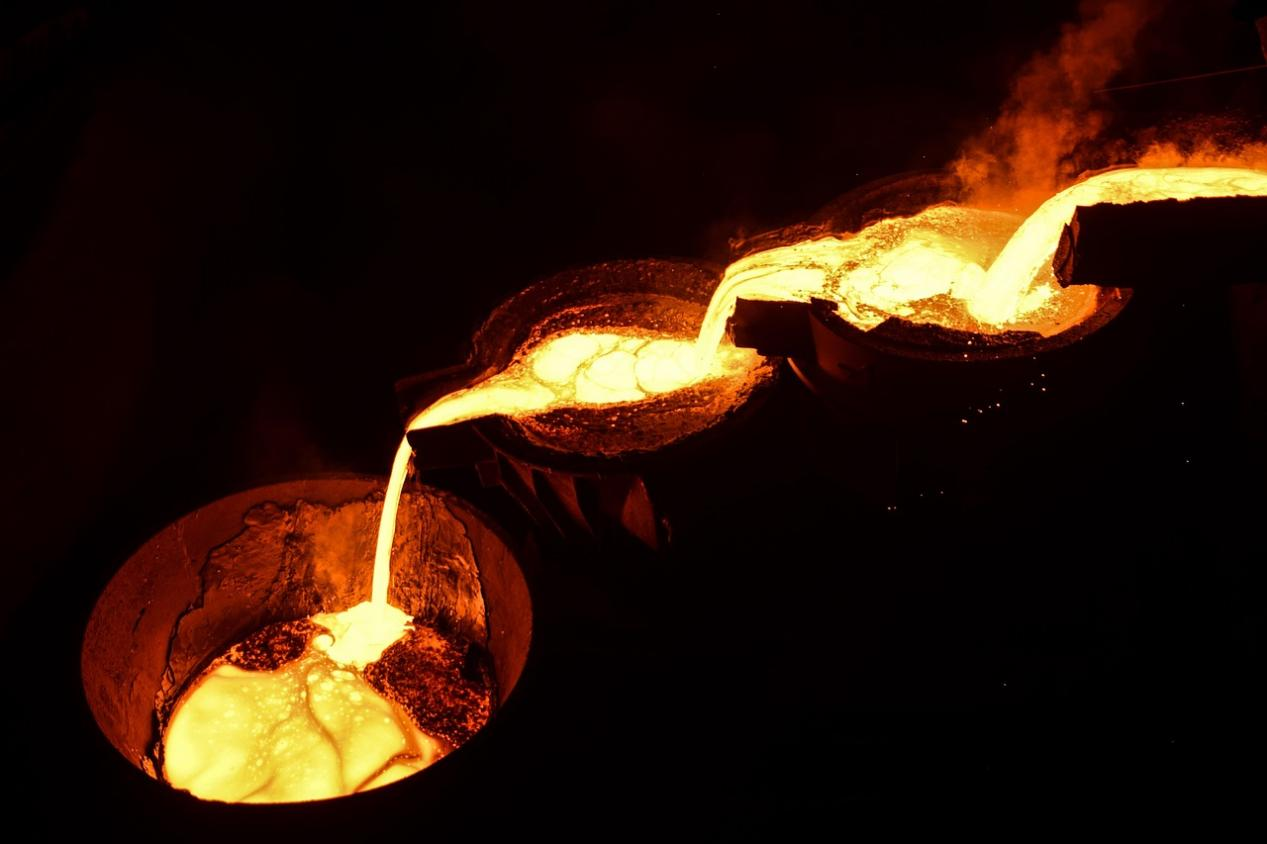Throughout the long history of manufacturing, casting and machining technologies have always played a central role. From the bronze-casting techniques of ancient times to the precision machining of the Industrial Revolution, every technological breakthrough has propelled human civilization forward. Today, with the rapid advancement of digitalization, automation, and artificial intelligence (AI), the casting and machining industry is undergoing an unprecedented revolution. This transformation is not only enhancing production efficiency and quality but also redefining the future of manufacturing.
- Digital Casting: From Simulation to Virtual Optimization
Traditional casting processes relied heavily on experience and trial-and-error, whereas modern digital casting technology significantly improves precision through computer simulations and data analysis. Simulation software (such as MAGMA and ProCAST) can model the flow and solidification of molten metal, as well as predict potential defects, allowing engineers to optimize mold designs and process parameters before actual production, thereby reducing scrap rates.
Moreover, 3D printing (additive manufacturing) is revolutionizing traditional casting methods. Techniques like selective laser melting (SLM) and binder jetting enable companies to directly print complex metal components, cutting mold costs and enabling mass customization. For example, the aerospace industry has widely adopted 3D printing to produce lightweight, high-strength titanium alloy parts.
- Smart Machining: From Automation to Autonomous Decision-Making
In the field of machining, CNC (Computer Numerical Control) machines have long been standard, but the next generation of intelligent machining systems is advancing toward higher levels of autonomy. Leveraging AI and the Internet of Things (IoT), modern machine tools can monitor tool wear, vibration, and temperature changes in real time, automatically adjusting cutting parameters to maintain optimal performance.
Digital Twin technology further accelerates the development of smart machining. By creating virtual replicas of physical equipment, engineers can predict machine performance, optimize production workflows, and even diagnose faults remotely. For instance, companies like Siemens and FANUC have introduced AI-driven predictive maintenance systems, significantly reducing equipment downtime.
- Green Manufacturing: A New Direction for Sustainable Development
Traditional casting and machining processes are energy-intensive and highly polluting, but a key focus of the new revolution is promoting green manufacturing. Low-carbon smelting technologies (such as electric arc furnaces and hydrogen-based reduction) are reducing carbon emissions, while waste recycling and reuse techniques (such as metal powder regeneration) are improving resource efficiency.
Additionally, smart manufacturing systems optimize production scheduling and energy management, further lowering energy consumption. For example, Tesla’s Giga Press mega-casting machines use integrated forming technology, reducing both the number of parts and energy consumption in production.
- Future Outlook: Human-Robot Collaboration and Customized Production
The future of casting and machining will increasingly rely on collaborative robots (cobots) and adaptive manufacturing systems. Workers will no longer be burdened with repetitive tasks but will instead collaborate with intelligent robots, focusing on innovation and optimization. Meanwhile, mass customization will become a reality, allowing consumers to order personalized products while factories maintain high-efficiency production.
Conclusion
The new revolution in casting and machining is not just a technological upgrade—it is a transformation in manufacturing philosophy. Digitalization, intelligence, and sustainability are reshaping the entire industry, making it more efficient, eco-friendly, and flexible. To thrive in this transformation, companies must actively embrace new technologies and cultivate digital talent to secure a leading position in future competition. The future of manufacturing has arrived, and this revolution is only just beginning.

